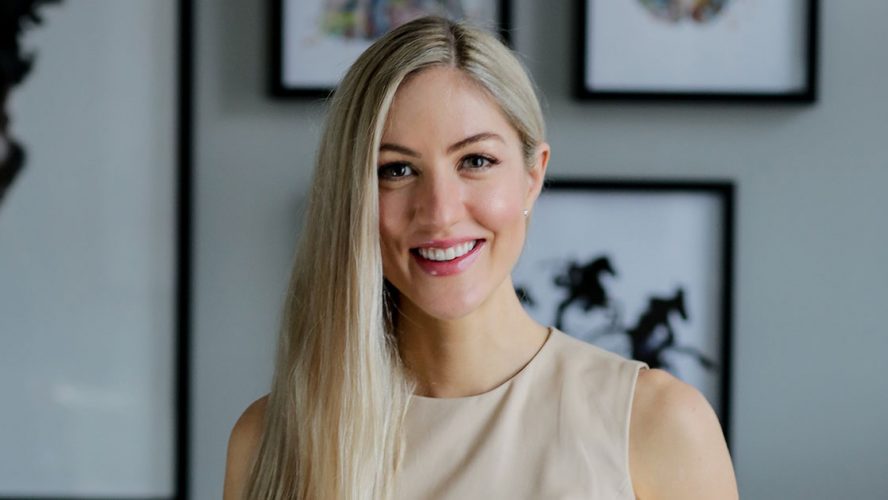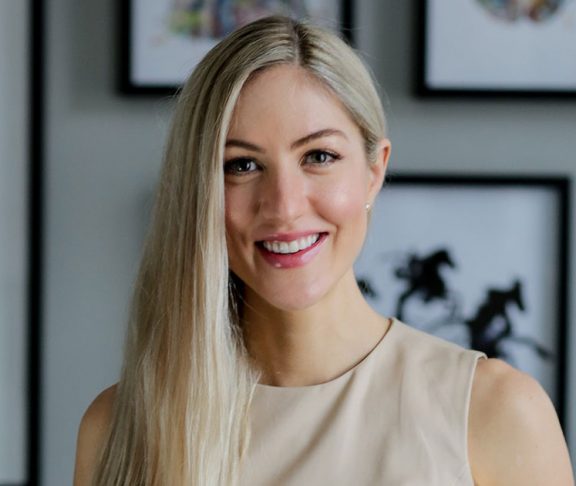Influencer and digestive health doctor Dr. Megan Rossi was frustrated by the lack of public understanding about gut health, so she decided to do something about it.
“Over 70 different chronic diseases have now been linked with our gut microbes,” said Dr. Megan Rossi Ph.D., who leads research at King’s College London investigating nutrition-based therapies in gut health, including pre and probiotics, dietary fibers, food additives, and more. She is also known to her social media followers as The Gut Health Doctor.
Rossi noted that studies show good gut health can help people with type two diabetes, heart disease, mental illness, and more.
Impact
Dr. Rossi said that she finds her work satisfying, but she had grown frustrated that the public didn’t know enough about gut health.
“The injustice of the gut is actually that it had so much power and potential but it just the information wasn’t being translated to the general public,” she said. “So I thought you know what? I can continue to complain and see patients one-on-one and I really don’t have that much of an impact, or I can do something about it. So, that’s when I decided to try social media.”
The response was overwhelmingly positive. Dr. Rossi shares recipes and tips with her 245,000 Instagram and 17,500 Twitter followers at @TheGutHealthDoctor. She also has her own health food company, Bio & Me, selling good-for-your-gut prebiotic granola bars made with 15 different plant-based ingredients.

Personal approach
Dr. Rossi, whose latest book “Love Your Gut” will be available in 2021, advises people with gut health concerns to get checked out by their doctor, including screening for celiac disease or irritable bowel syndrome.
Next, develop and personalize your own gut health action plan to help improve concerns like bloating, constipation or diarrhea.
Enjoy it
A big misconception is that you have to go vegan to have a good gut health.
Instead Dr. Rossi said you just need to nourish your gut microbes with different plant-based foods. She recommends a target of 30 different types of plant-based foods per week from the different food groups including whole grains, legumes, vegetables and fruits, and herbs and spices.
Fiber is essential too. Studies show an increase of eight grams of fiber per day — such as a cup of beans, a piece of fruit, or a handful of nuts — can reduce risks for heart disease, type two diabetes, and colon cancer, according to the doctor.
Most of all, eating shouldn’t be about deprivation. “We should be enjoying it, we shouldn’t just have to like a boring kale,” she said. “It’s about beautiful flavors as well.”

